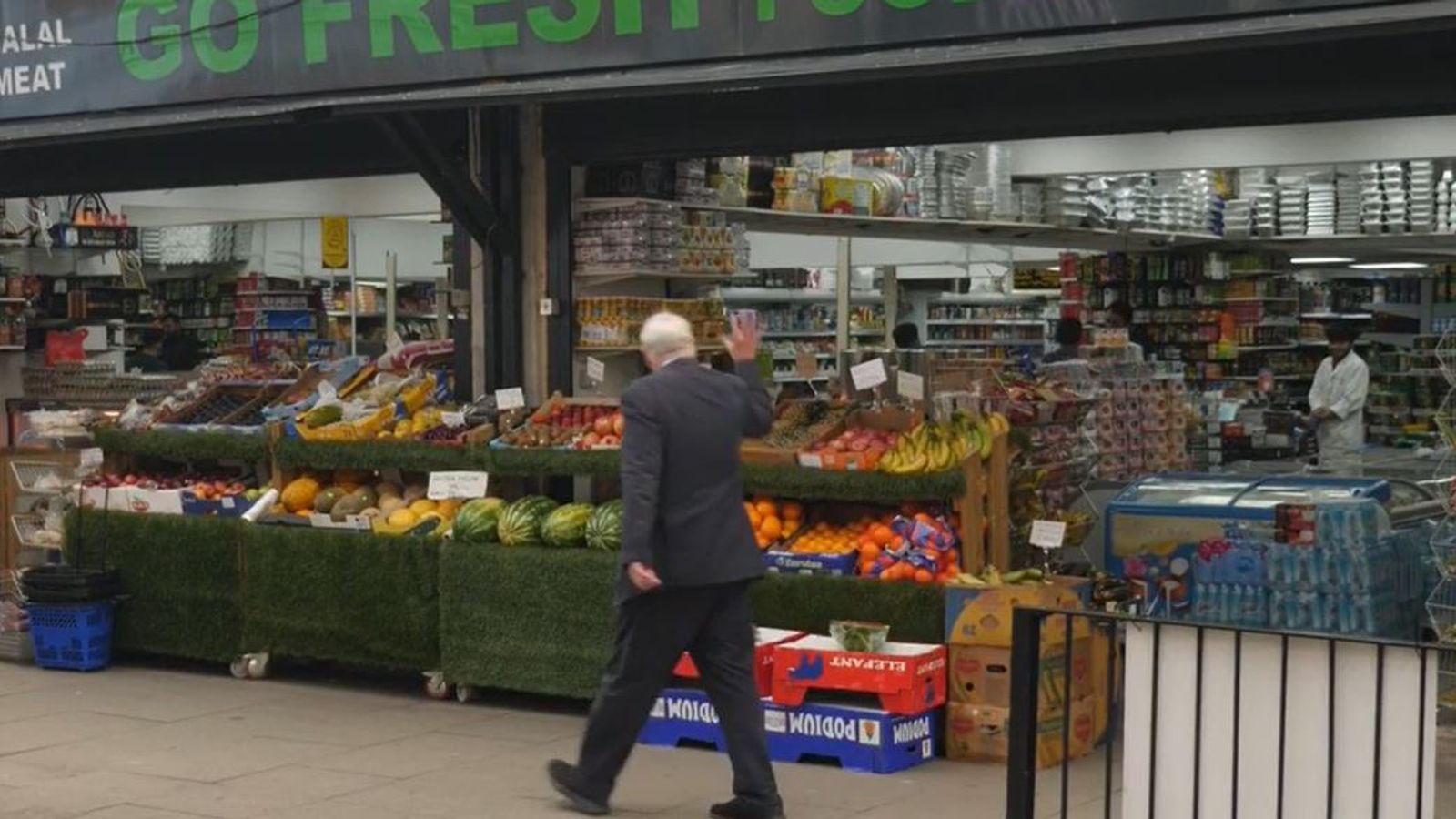At the last general election, ethnicity was the single biggest factor in how we voted – more significant than gender, age or wealth.
If black and brown Britons had voted in the same proportions as their white fellow citizens, then Boris Johnson’s Conservatives would have won around 60 more seats.
Unlocking Labour’s hold on the majority of minority voters could be vital to the prime minister’s levelling-up drive to redraw the map of British politics in the Tories’ favour.
The Conservatives used to leave it largely to the other parties to pitch to voters with South Asian, Caribbean and African backgrounds. Minority communities were often amongst the poorest – traditionally Labour’s core support.
The “Rivers of Blood” speech in 1968 by the then Conservative shadow minister Enoch Powell attacked “New Commonwealth” immigration and left enduring wounds.
Today, these minority ethnic people account for nearly one vote in five, so it is not surprising that the modern Conservative Party wants to diversify its voter base.
The Tories have given priority to changing their image and presentation. In 2001 there were no Conservative MPs with minority backgrounds.
Twenty years later there are 22 such Conservative MPs, and they are smashing records at Cabinet level.
Rishi Sunak, Priti Patel, Sajid Javid, Kwasi Kwarteng and Alok Sharma occupy senior offices of state.
Gordon Brown’s last Labour Cabinet in 2010 was all white. Britain’s first black woman MP, Diane Abbott, was shadow home secretary under Jeremy Corbyn but is now on the back benches.
She told me: “It’s quite extraordinary to see all those people in a Tory Cabinet who are black or brown – even under Jeremy we didn’t manage that record. And you wonder if that isn’t going to speak to Asians… to the fact that people who look like them are in the cabinet.”
Until recently, the Labour Party had set the pace in diversifying its political representation. Trailblazing minority MPs Ms Abbott, Paul Boateng, Bernie Grant and Keith Vaz were first elected in 1987. Today, Labour still accounts for 41 out of a total of 65 minority ethnic MPs, amounting to 63%.
Professor Maria Skoboleska, who studies voting patterns at the University of Manchester, believes Labour has become complacent about its minority support.
She points out that “for example they have largely delegated attracting Muslim voters to Muslim community organisations and Muslim community leaders and they don’t really campaign in areas where ethnic minorities live directly”.
That was significant in the close shave Labour suffered in the recent Batley and Spen by-election. The maverick former Labour MP George Galloway set out to target Muslim voters directly. He did not win or cost Labour the seat as he had intended, but he still got more than 20% of votes cast – from all sides.
Muslims, no more than anyone else, did not vote as a block as he had hoped. In fact there was a swing to him from Labour, Tory and UKIP voters, encouraged by his pro-Brexit stance.
There are signs that automatic support for Labour is eroding. Until she was brutally expelled from Downing Street by Dominic Cummings, Sonia Khan was a special advisor to Liam Fox, Philip Hammond and Sajid Javid.
She grew up in the West Midlands close to where Enoch Powell delivered his infamous speech. Ten years ago, Ms Khan felt like an exception when she suggested she might vote Conservative. The reaction was “possibly even worse than if I had said I wanted to be drug dealer or a bank robber”, she told me.
Today Sandwell, her home district, has half a dozen Tory councillors.
Home Secretary Priti Patel’s heritage may make Tory crackdowns on immigration and asylum seekers more palatable to the general public but perhaps not to those whose friends or family are directly impacted. The treatment of the Windrush generation, for example, has traumatised afro-Caribbeans.
Prof Skoboleska argues that the promotion of ethnic minority ministers may appeal more to white, urban, liberal voters than to the minorities themselves.
Ms Abbot remains confident that Labour will be able to rely on this bedrock of support for years to come. “I think that the black or brown vote for the Tories has a natural point beyond which it doesn’t go,” she said.
“How are you going to vote for people that, all the time, are rolling up policies which are directed against you?”
In reality, Labour’s bedrock of support from ethnic minorities is eroding, but it is happening slowly.
In 2010 it is estimated that 68% voted Labour, while in 2019 it had dropped to 64%.
That is enough to affect the outcome of a close general election, but not yet enough to cause a landslide.






















